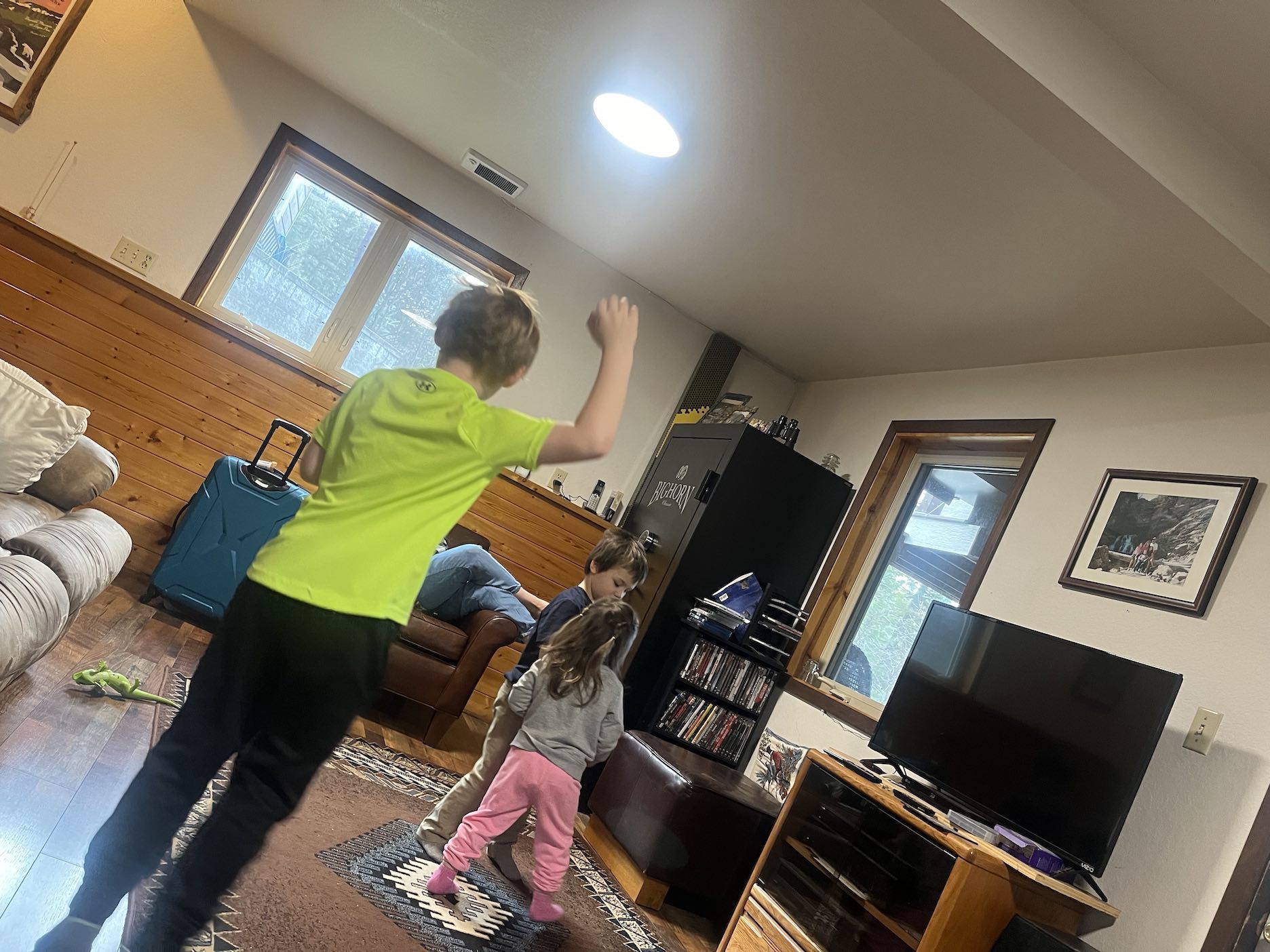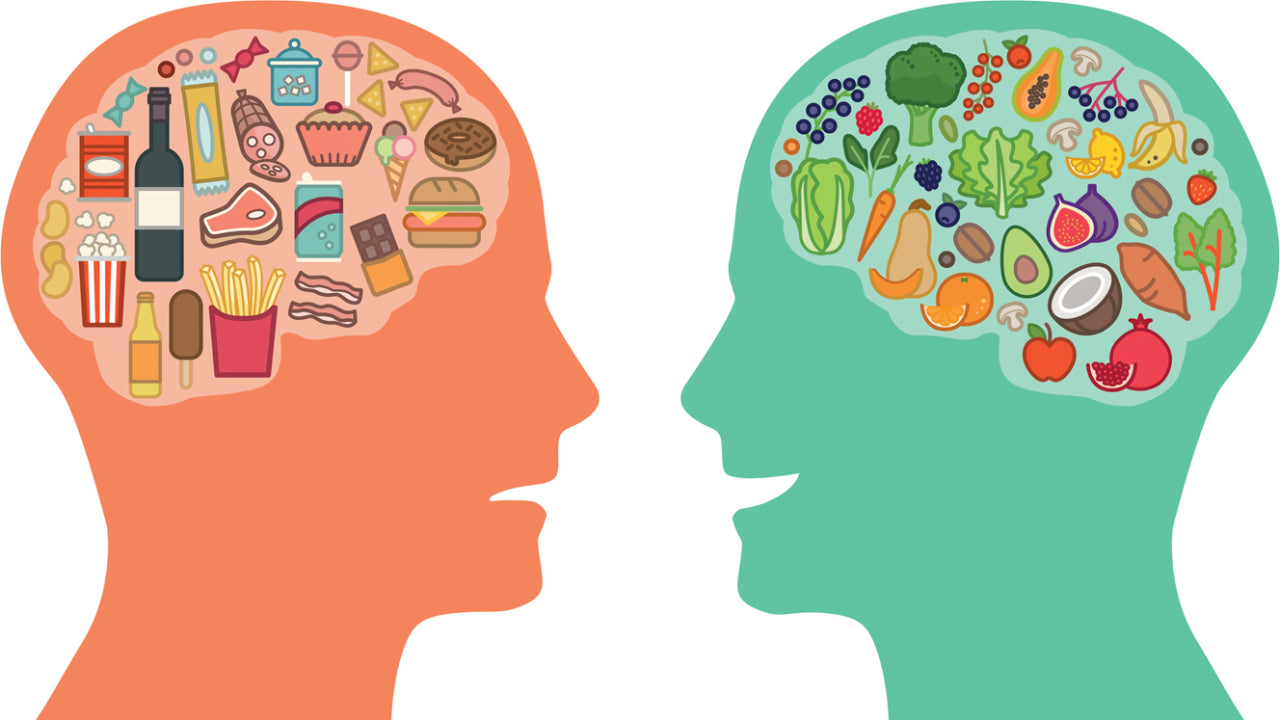
Parenting Strategies for building Social Skills in Children with ADHD
Children and teens with ADHD often face social struggles that can lead to misunderstandings and challenges in forming friendships. These difficulties, ranging from dominating conversations to struggling in unstructured social situations, can become sources of shame for many young individuals. Understanding the connection between ADHD and social challenges is crucial for parents and caregivers seeking to support their children effectively.
ADHD children often experience deficits and delays in social executive function skills. These skills, including perspective-taking, situational awareness, initiation, and cognitive flexibility, are critical for navigating social interactions. Lagging social executive function skills represent a learning challenge, impacting a child's ability to pick up on social cues intuitively. These struggles are distinct from those arising from social anxiety or other conditions.
Parenting Ideas for helping Children develop these functions:
1. Share your internal dialogue and feelings with your child.
Examples:
- “ It was really nice of him to hold the door open for us.”
- “Wow, that person is talking really loudly on his phone and that is frustrating”.
"2. Praise your child’s efforts. Recognize when your child displays resiliency, flexibility, grit, and the willingness to try something new with others. Use purposeful recognition and praise to help your child understand social behaviors that would help their peers feel comfortable around them.
Examples:
- Recognize your child every time they show interest in others, especially when they’re going out of their comfort zone. Say things like, “It was great of you to agree to play basketball with your classmate, even though I know you don’t really like the sport. It showed them that you like hanging out them.”
3. Extracurriculars are essential. Whether sports, music, dance, or another interest, extracurriculars give your child a chance to spend time with their similar-age peers. Require them to participate in an after-school activity; they likely will not take the leap on their own.
4. Help your child remember past social successes. ADHD minds struggle with episodic memory, or recalling the emotions associated with past experiences. That means your child may struggle to recall social experiences they found enjoyable. (It’s why they may remember last year’s summer camp as “boring” even though they raved about it at the time.) Without the aid of memory, your child may be reluctant to engage in similar social opportunities as they arise. Tap into your child’s episodic memory by asking questions about their past social experiences, scrolling through photos, and reminding them of all the ways they had fun and excelled.
5. Don’t measure your child’s social competency by how they interact with family. Children will often act differently at home than they do in school or with peers. Many children often do not feel the need to use “good social skills” with immediate family. They feel safest with family, and they know there are no social ramifications if they use poor social skills with Mom, Dad, or siblings.
As you help build your child’s social skills, here are some important reminders:
- Expect defensiveness and resistance. Teenagers may not be eager to engage in self-reflection or listen to what parents have to say. That’s because social difficulties are a source of shame (for anyone). You might worry about hurting your child’s feelings by broaching the subject. But remember : Your child’s peers won’t be as interested in protecting their feelings. It’s better for your child to hear it from someone who loves them unconditionally, at the expense of temporary discomfort. Avoid falling into the argument vortex or trying to reason with your child about how they’re coming across to others. (Remember that because they struggle with perspective-taking, they won’t understand how others perceive them.)
- Expect inconsistency. ADHD is a condition of inconsistent performance. Your child may make a social breakthrough one day and appear to take several steps back the next – and that’s perfectly normal. Be patient. Results will come slowly and with time – not overnight."
Information in this blog came from Ryan Wexelblatt, LCSW, ADHD-CCSP. https://www.additudemag.com/social-skills-for-kids-friendships-adhd/ . Here is his website: https://adhddude.com.


